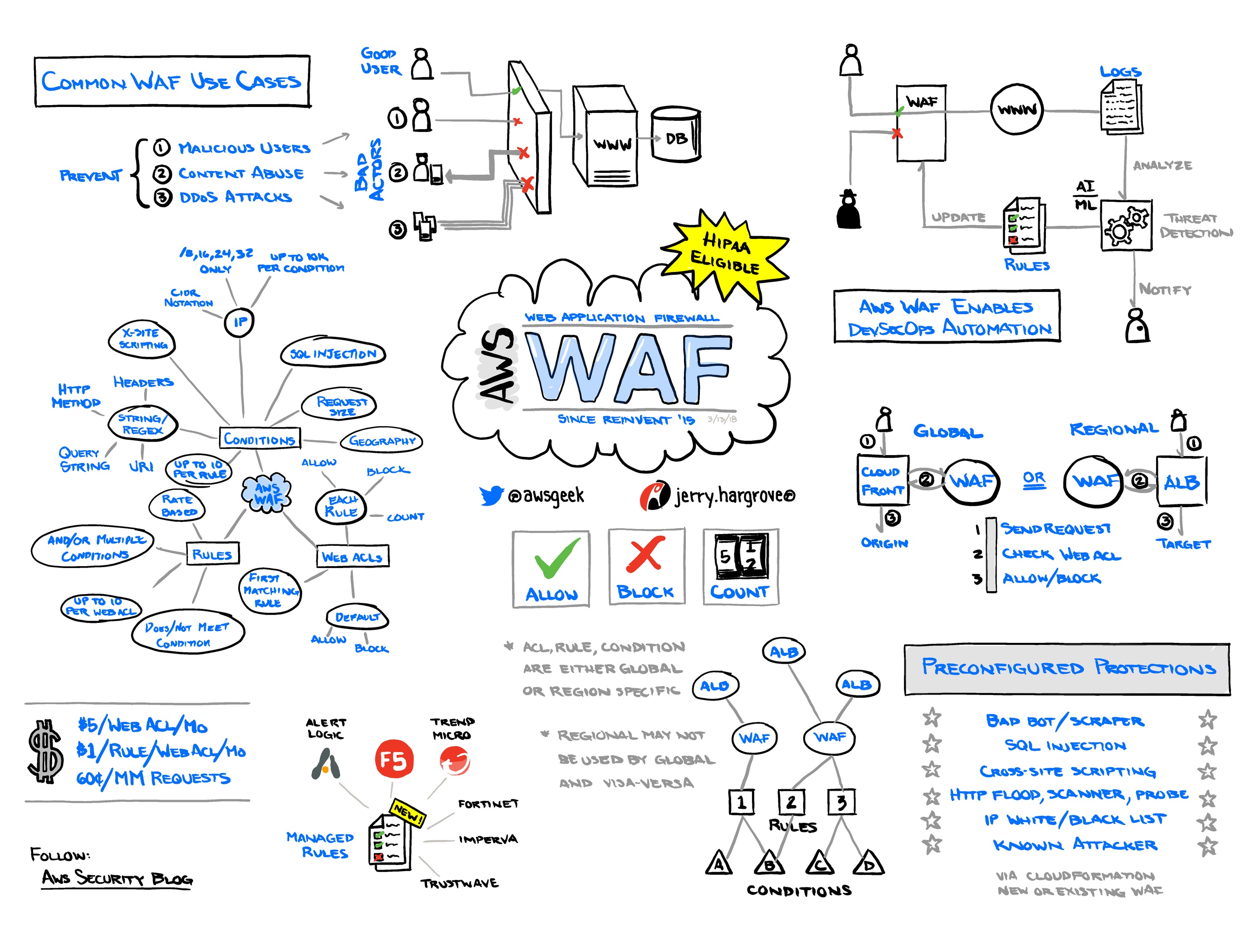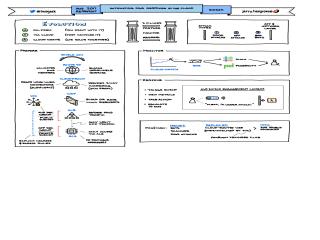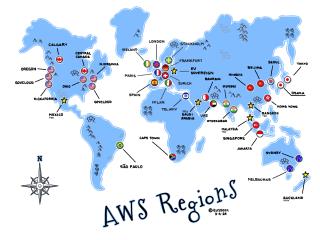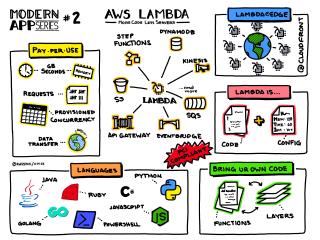
AWS Web Application Firewall (WAF) is a robust and highly configurable firewall offering developers and IT administrators the means to secure their web applications from a variety of threats. AWS WAF is pivotal for maintaining the integrity, availability, and security of web applications hosted on AWS infrastructure. Offering flexible rule-based configurations, it is instrumental in protecting against common web exploits such as SQL injection and cross-site scripting (XSS) that can compromise application performance and data integrity.
Use Cases
AWS WAF's versatility is evident through its wide array of use cases. Developers can leverage AWS WAF to protect their applications from ever-evolving threats by configuring custom rules or using pre-configured rule sets—from AWS Managed Rules or AWS Marketplace sellers. It is effective for access control by blocking requests from certain geographical locations or known bad IP addresses. This feature is handy for preventing attacks launched from specific regions. In addition, AWS WAF is crucial for bot mitigation, as it helps block unwanted web traffic, such as automated scripts scraping web content or triggering unintended operations. For businesses with stringent compliance requirements, AWS WAF facilitates regulatory compliance by providing monitoring and security controls that align with industry standards like GDPR or PCI-DSS.
Pricing
AWS WAF's pricing model reflects its flexibility, as users are billed based on the number of web ACLs (Access Control Lists) and the associated rule groups they deploy. This pay-as-you-go model ensures that users only pay for what they use, allowing them to scale their resources efficiently without excess spend on unused capacity. Specifically, users incur charges for each WebACL, each rule within a WebACL, and the number of web requests processed. It’s vital for users to understand the pricing dynamics to optimize costs by appropriately tuning the number and complexity of rules in their deployments.
Scalability
Scalability is a critical advantage of AWS WAF, which seamlessly adjusts to handle varying web traffic volumes without necessitating manual interventions. Hosted on AWS's global infrastructure, AWS WAF can scale to cater to websites experiencing traffic ranging from a handful of requests to millions per second. This elasticity ensures that applications remain protected during unexpected traffic surges, such as those experienced during promotional events or cyber-attacks, while maintaining low-latency performance.
Availability
AWS WAF is designed to integrate natively with other AWS services like Amazon CloudFront, Application Load Balancer (ALB), and API Gateway, providing consistent application layer security tailored to the specific needs of the deployment environment. With AWS's extensive global infrastructure, WAF operates with high availability, replicating configurations across multiple geographies for resilience against regional failures. Leveraging AWS Global Accelerator also allows users to ensure their applications are optimized for both performance and availability to a global user base.
Security
In terms of security, AWS WAF offers potent defense mechanisms tailored to modern security demands through both managed and customizable rulesets. Developers can establish precise controls over web traffic, safeguard against common threats, and gain insights into attack patterns using AWS's comprehensive logging and monitoring capabilities through AWS CloudWatch and AWS CloudTrail. Integrating AWS WAF with AWS Shield Advanced provides an augmented defense for DDoS protection, strengthening the security posture of sensitive and critical web applications.
Competition
In the competitive landscape, AWS WAF is one among several other robust web application firewalls provided by major cloud service providers. Google Cloud offers Cloud Armor (https://cloud.google.com/armor), which provides DDoS protection and web application firewall capabilities, safeguarding applications against a myriad of threats. Microsoft Azure provides Azure Web Application Firewall (https://azure.microsoft.com/en-us/services/web-application-firewall/), integrated with Azure Front Door and Application Gateway, delivering a comprehensive suite for security management. Alibaba Cloud also presents a WAF solution (https://www.alibabacloud.com/product/web-application-firewall), offering real-time monitoring, protection against large-scale attacks, and intelligent traffic management to maintain application reliability and security.
Together, these services provide a testament to the critical importance placed on securing web applications in today's cloud-centric digital landscape. Developers and IT administrators are equipped with a broad spectrum of tools to not only protect their assets but also ensure they are scalable and resilient against the evolving threat landscape.
 8fc70ad2-f97c-4cff-985e-13fc39ff3cb5
8fc70ad2-f97c-4cff-985e-13fc39ff3cb5
 Automating DDoS Response in the Cloud
Automating DDoS Response in the Cloud
 AWS Regions
AWS Regions
 AWS Lambda
AWS Lambda